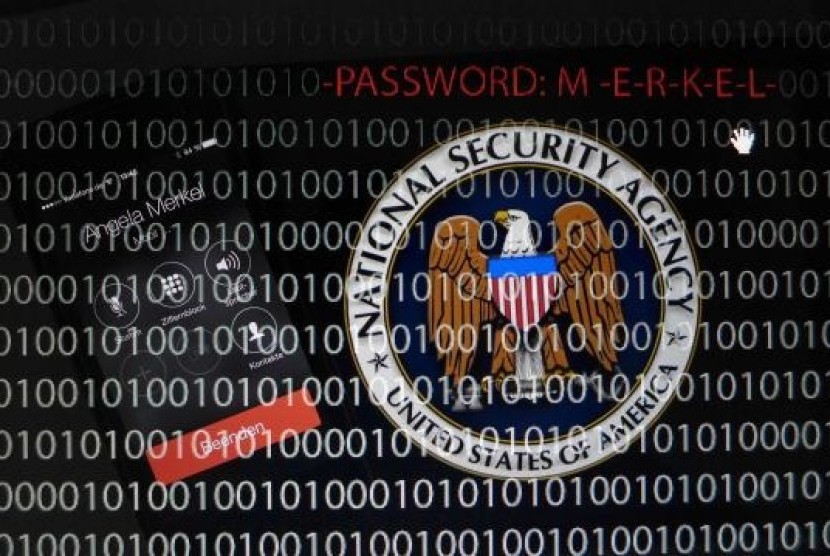REPUBLIKA.CO.ID, SAN FRANCISCO - Security industry pioneer RSA adopted not just one but two encryption tools developed by the US National Security Agency, greatly increasing the spy agency's ability to eavesdrop on some Internet communications, according to a team of academic researchers.
Reuters reported in December that the NSA had paid RSA 10 million USD to make a now-discredited cryptography system the default in software used by a wide range of Internet and computer security programs. The system, called Dual Elliptic Curve, was a random number generator, but it had a deliberate flaw - or "back door" - that allowed the NSA to crack the encryption.
A group of professors from Johns Hopkins, the University of Wisconsin, the University of Illinois and elsewhere now say they have discovered that a second NSA tool exacerbated the RSA software's vulnerability.
The professors found that the tool, known as the "Extended Random" extension for secure websites, could help crack a version of RSA's Dual Elliptic Curve software tens of thousands of times faster, according to an advance copy of their research shared with Reuters. While Extended Random was not widely adopted, the new research sheds light on how the NSA extended the reach of its surveillance under cover of advising companies on protection.
RSA, now owned by EMC Corp, did not dispute the research when contacted by Reuters for comment. The company said it had not intentionally weakened security on any product and noted that Extended Random did not prove popular and had been removed from RSA's protection software in the last six months.
"We could have been more skeptical of NSA's intentions," RSA Chief Technologist Sam Curry told Reuters. "We trusted them because they are charged with security for the U.S. government and US critical infrastructure."
Curry declined to say if the government had paid RSA to incorporate Extended Random in its BSafe security kit, which also housed Dual Elliptic Curve. An NSA spokeswoman declined to comment on the study or the intelligence agency's motives in developing Extended Random.
The agency has worked for decades with private companies to improve cybersecurity, largely through its Information Assurance Directorate. After the 9/11 attacks, the NSA increased surveillance, including inside the United States, where it had previously faced strict restrictions.


